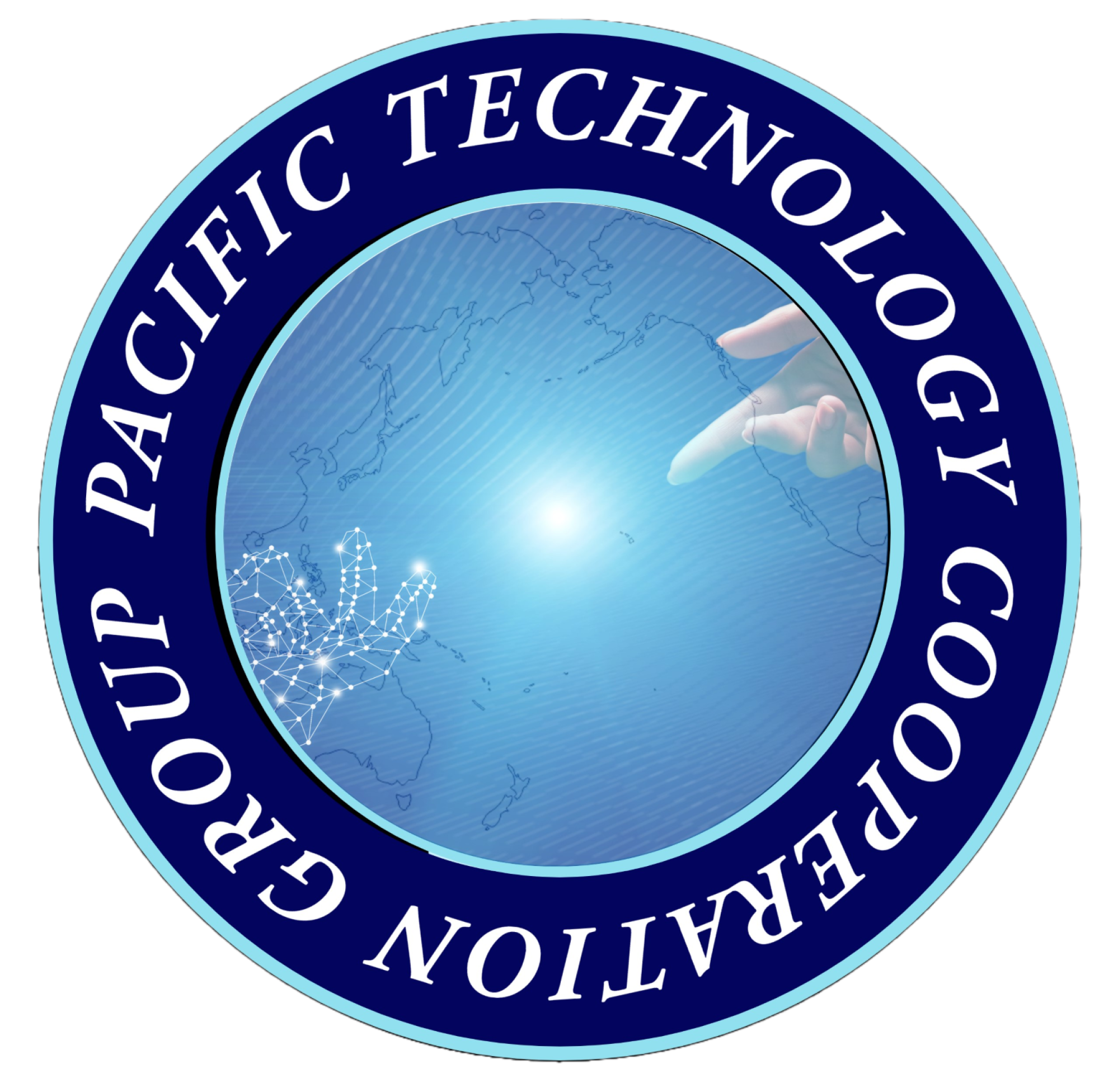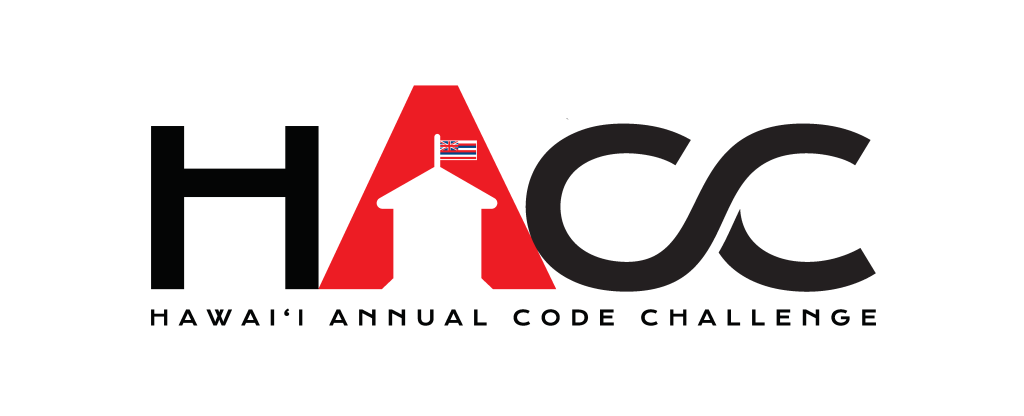HowDo is a free, self-guided innovation training that teaches you to identify, build and grow tomorrow’s solutions, while driving empowerment and equitable employment for all. It is a non-profit organization that is dedicated to helping people learn the skills they need to succeed in the innovation economy.
HowDo offers a variety of resources, including:
- Online courses: HowDo offers a variety of online courses that cover a variety of topics, including innovation, design thinking, and entrepreneurship.
- Workforce development programs: HowDo offers a variety of workforce development programs that help people develop the skills they need to get a job in the innovation economy.
- Events and workshops: HowDo hosts a variety of events and workshops that provide people with the opportunity to learn about innovation and get involved in the innovation community.
- Community: HowDo has a strong community of learners and innovators who are passionate about making a difference in the world.
HowDo is a valuable resource for anyone who wants to learn more about innovation and how to make a difference in the world. Its resources can help people develop the skills they need to succeed in the innovation economy and make a positive impact on the world.
Microsoft Learn is a free online learning platform that provides training on Microsoft products and technologies. It is a great resource for anyone who wants to learn more about Microsoft products and how to use them effectively.
Microsoft Learn offers a variety of resources, including:
- Interactive tutorials: Microsoft Learn offers interactive tutorials that guide you through the process of learning new skills.
- Videos: Microsoft Learn offers a variety of videos that teach you about Microsoft products and technologies.
- Articles: Microsoft Learn offers a variety of articles that provide you with in-depth information about Microsoft products and technologies.
- Certifications: Microsoft Learn offers a variety of certifications that validate your skills in Microsoft products and technologies.
Microsoft Learn is a valuable resource for anyone who wants to learn more about Microsoft products and how to use them effectively. Its resources can help you develop the skills you need to be successful in your career.
The DoD Cyber Exchange (DoD CX) is a one-stop shop for cyber information, policy, guidance, and training for the Department of Defense (DoD). It is a collaboration between the DoD CIO and the Defense Information Systems Agency (DISA). The DoD CX provides a variety of resources to help DoD personnel stay up-to-date on the latest cyber threats and best practices.
The DoD CX is divided into four main areas:
- Cyber News: The Cyber News section provides DoD personnel with the latest cyber news and information.
- Cyber Policy: The Cyber Policy section provides DoD personnel with access to DoD cyber policy and guidance.
- Cyber Training: The Cyber Training section provides DoD personnel with access to a variety of cyber training courses.
- Cyber Tools: The Cyber Tools section provides DoD personnel with access to a variety of cyber tools and resources.
NATIONAL INITIATIVE FOR CYBERSECURITY EDUCATION (NICE)
The National Initiative for Cybersecurity Education (NICE) is a partnership between government, academia, and the private sector focused on cybersecurity education, training, and workforce development. NICE’s mission is to energize, promote, and coordinate a robust community working together to advance an integrated ecosystem of cybersecurity education, training, and workforce development.
NICE offers a variety of resources, including:
- NICE Cybersecurity Workforce Framework: The NICE Cybersecurity Workforce Framework is a taxonomy of cybersecurity work that defines the roles, tasks, knowledge, skills, and abilities (KSAs) needed to perform cybersecurity work. The NICE Framework is used by organizations to develop and align their cybersecurity workforces.
- NICE Cybersecurity Workforce Roles: The NICE Cybersecurity Workforce Roles are a set of 52 roles that define the different types of cybersecurity work that can be performed. The NICE Workforce Roles are used by organizations to identify the cybersecurity roles that they need to fill.
- NICE Cybersecurity Workforce Competencies: The NICE Cybersecurity Workforce Competencies are a set of 18 competencies that define the knowledge, skills, and abilities (KSAs) needed to perform cybersecurity work. The NICE Workforce Competencies are used by organizations to develop training and education programs for their cybersecurity workforces.
- NICE Cybersecurity Workforce Development Resources: NICE offers a variety of resources to help organizations develop and manage their cybersecurity workforces. These resources include:
- Training and education resources: NICE offers a variety of training and education resources, including online courses, webinars, and workshops.
- Job board: NICE offers a job board where organizations can post cybersecurity jobs and candidates can search for cybersecurity jobs.
- Research and data: NICE collects and publishes research and data on the cybersecurity workforce, including trends, salaries, and skills.
- Community: NICE has a community of cybersecurity professionals who can share information and collaborate on cybersecurity workforce development.
GenCyber
The National Security Agency (NSA) and the National Science Foundation (NSF) created the GenCyber program to inspire and engage students in cybersecurity education. The program provides hands-on learning experiences for students in grades K-12, and it also helps teachers learn how to integrate cybersecurity into their classrooms.
GenCyber camps are offered throughout the year, and they are free for students to attend. The camps are led by experienced cybersecurity professionals, and they cover a variety of topics, including:
- Cybersecurity basics
- Cryptography
- Network security
- Web security
- Penetration testing
- Ethical hacking
In addition to camps, GenCyber also offers a variety of other resources for students and teachers, including:
- A website with lesson plans, activities, and other resources
- A teacher training program
- A scholarship program
The GenCyber program is designed to help students develop the skills they need to succeed in the cybersecurity workforce. The program is also helping to close the cybersecurity skills gap, which is a major problem facing the nation.
The Air Force and Space Force Associations CyberPatriot program is a national youth cyber education program that seeks to inspire K-12 students to pursue careers in cybersecurity or other STEM disciplines critical to our nation’s future. The program is open to all students in grades 9-12, and it provides a fun and challenging way for students to learn about cybersecurity.
The CyberPatriot program is comprised of four phases:
- The CyberPatriot National Youth Cyber Defense Competition: This is the flagship event of the CyberPatriot program. Teams between 2 – 6 students (only 5 at a time) compete in a series of challenges that test their knowledge of cybersecurity concepts and their ability to defend a virtual network.
- The CyberPatriot Elementary School Cyber Education Initiative: This program provides K-6 students with the opportunity to learn about cybersecurity in a fun and engaging way. The program includes three interactive learning modules that cover topics such as online safety, password hygiene, and malware.
- The CyberPatriot Alumni Network: This network provides CyberPatriot alumni with opportunities to network with other students, mentors, and industry professionals. The network also offers a variety of resources and support to help alumni succeed in their cybersecurity careers.
- The CyberPatriot Tech Caregivers Program: This program is designed to encourage cyber-savvy volunteers to give back to their communities by teaching cybersecurity to students. Volunteers can participate in a variety of ways, such as leading CyberPatriot camps, mentoring students, or providing technical support.
CyberStart America is a free, online cybersecurity training and competition program for high school students in grades 9-12. The program is sponsored by the National Cyber Scholarship Foundation (NCSF) and is designed to help students develop the skills they need to pursue careers in cybersecurity.
CyberStart America is a game-based learning program that challenges students to solve cybersecurity challenges and earn points. Students can earn badges and prizes as they progress through the program. The program culminates in a national competition where students can compete for scholarships and other prizes.
Here are some of the benefits of participating in CyberStart America:
- Learn about cybersecurity from industry experts
- Gain valuable skills in a fun and engaging environment
- Network with other students and professionals
- Compete for scholarships and other prizes
The Department of Defense’s STARBASE program is a free, hands-on STEM education program for students in grades 5-8. The program is designed to inspire students to pursue careers in STEM fields, and it provides students with the opportunity to learn about science, technology, engineering, and math through a variety of activities and experiences.
STARBASE programs are typically held at military bases, and they are led by experienced STEM educators. Students in STARBASE programs participate in a variety of activities, including:
- Building and flying rockets
- Designing and coding robots
- Conducting experiments in a science lab
- Learning about space exploration
- Visiting military bases and aircraft
The Hawaii Annual Code Challenge (HACC) is a hackathon-style event that brings together students, professionals, and enthusiasts from all over the world to compete in a variety of coding challenges. The event is held annually in Honolulu, Hawaii, and is a great opportunity to learn new skills, network with other developers, and have some fun.
The event is open to all skill levels, and there are prizes for both individual and team winners. In addition to the coding challenges, there are also a variety of social events and activities, making it a great weekend for anyone interested in technology.
The HACC is organized by the State of Hawaii Office of Enterprise Technology Services (ETS) and the State of Hawaii Transformation Internship Program (TIP). The event is supported by a number of local businesses and organizations, including Aloha Tower Marketplace, the University of Hawaii at Manoa, and the Honolulu City and County.









